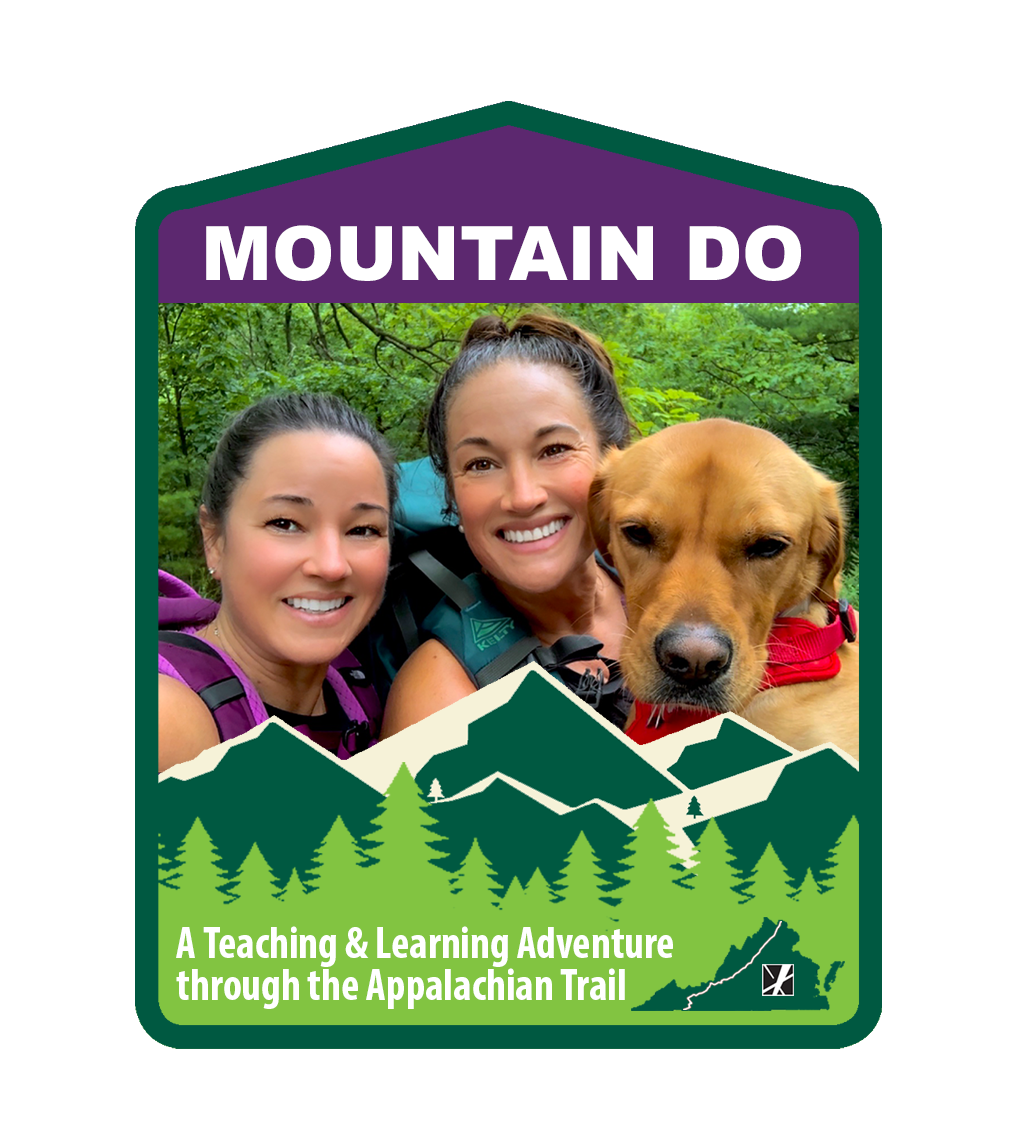Taking Higher Education to a New Level

The coronavirus pandemic has forced people, especially those in institutions of higher learning, to look at teaching from a different perspective. So when Thomas Nelson history professor Stacey Schneider thought of hiking the Virginia portion of the Appalachian Trial with her sister Carrie, she wondered if there was a way for it to be more than just another excursion with her younger sibling.
"The last kind of piece of the puzzle (was) is my boss going to let me go do this? Are they going to let me trade the experience for the time off?" Schneider said, noting the trip would take about 30 days.
So Schneider mentioned her idea to Dr. Susan English, vice president of Academic Affairs.
"She was a quick yes," Schneider said of English, providing she could make it happen.
In addition to taking advantage of a great teaching opportunity, Schneider also thought it would be a great opportunity for her, her students and the College.
"There are so many ways that what you learn at Thomas Nelson can prepare you for real life," Schneider said.
The more she talked about the trip, the more she thought it would be a great way to show that.
So while she and her sister are hiking the nearly 550 miles of the trail through Virginia, she will be conducting classes via podcasts. But before she got started, she had to do her homework, especially where she will have Internet access to hold her classes.
"I researched the cell tower coverage and what cell companies have the best coverage," she said.
She also has a solar-powered panel for her electronic devices. And she's hoping every two or three days they will be able to hook up to a power source.
History won't be the only subject she'll be discussing on the journey. In coming up with a plan for her project, she listed nearly 20 classes that could benefit from this experience. In addition to lessons in biology, chemistry and geology, she also hopes to cross into organizational behavior; interpersonal communications; trauma, safety and first aid; nutrition; photography; music in society (what play lists are good for a trip such as this); and American literature (books to read along the way, as well as what authors have been inspired by the Appalachian Trail.)
Three podcasts, called "Mountain Do: A Teaching and Learning Experience Through the Appalachian Trail," have already been produced.
In the first one, Schneider talks with Kimberly Zahn, an associate professor of Biology; Lucinda Spryn, department head of Chemistry; and Lynsey LeMay, geology Instructor; about how their areas of expertise play into the trip.
The second episode features Michelle Alexander, assistant professor of Health Sciences; Dr. Valerie Burge-Hall, associate professor of Health Sciences; and Megan Hall, adjunct instructor in Health and First Aid.
In the third episode, Schneider and her sister discuss their motivations behind the trip, reactions from their family, friends and co-workers, and much more.
The trip starts Oct. 1, and the sisters are hoping to hike between 15-20 miles a day in order to be done Oct. 31. Schneider's plan is to have another podcast the night before the trip, and she will post as often as she can.
"It's quite contingent on Wi-Fi," she said. "That's what makes this a little exciting and a little dangerous."
To listen to the podcasts and follow the progress of the sisters, go to tncc.edu. There also will be posts on Instagram, Twitter and Facebook.
